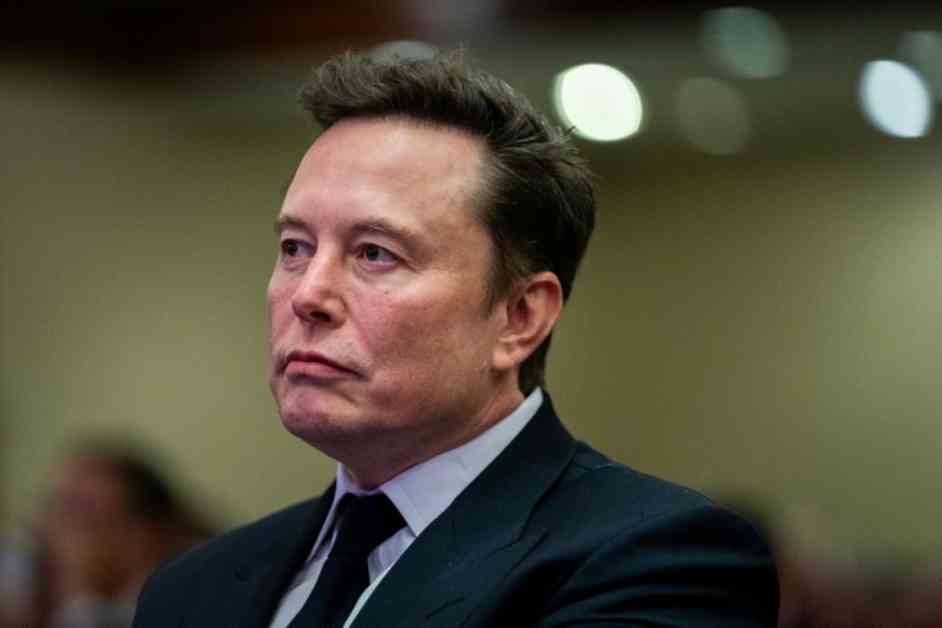Elon Musk Takes on Wikipedia Over Deletions on Bill Clinton’s Page
Elon Musk, the outspoken entrepreneur and CEO of Tesla and SpaceX, has once again made headlines for his public criticism of Wikipedia. Musk recently accused the online encyclopaedia of deleting crucial information related to former US President Bill Clinton’s connections with convicted sex offender Jeffrey Epstein.
The controversy erupted when online creator Ian Carroll discovered edits to Clinton’s Wikipedia page, including the removal of a section detailing his ties to Epstein, such as his alleged use of Epstein’s private plane. Musk took to X to express his outrage, vowing to withhold donations to Wikipedia until they address what he perceives as a lack of truthfulness.
The Allegations and Reactions
Carroll’s revelations prompted Musk’s ire, leading him to question Wikipedia’s integrity and transparency. Although the removed information was eventually restored, questions lingered about the platform’s editing practices and motivations. Musk’s ongoing feud with Wikipedia stems from his previous criticisms of their funding allocation, particularly regarding Diversity, Equity, and Inclusion initiatives.
Musk’s contentious relationship with Wikipedia dates back to 2023 when he offered to purchase the platform for $1 billion, suggesting a name change for accuracy’s sake. However, Wikipedia rebuffed the offer, emphasizing its non-profit status and commitment to global representation and knowledge access.
Wikipedia’s Neutral Stance and Jimmy Wales’ Critique
While Wikipedia has maintained an official stance of neutrality towards Musk’s criticisms, co-founder Jimmy Wales has openly challenged Musk’s approach to content moderation. Wales criticized Musk’s social media platform X as a haven for trolls and questioned his credibility in shaping public discourse.
Wales’ dismissive remarks about Musk’s AI chatbot, Grok, underscore the deep-seated tensions between Musk and Wikipedia regarding truth, transparency, and accountability. As Musk’s provocations continue to stir debate, the fundamental question of who controls public information and how it is managed remains at the forefront.
Broader Implications and the Future of Information Platforms
Elon Musk’s clash with Wikipedia shines a spotlight on the complex issues of bias, transparency, and neutrality in information dissemination. While Musk’s confrontational tactics may polarize opinions, they also ignite essential conversations about the responsibility of public platforms in shaping narratives and fostering open dialogue.
As the debate unfolds, both Wikipedia and Musk face scrutiny over their respective approaches to truth and accountability. Whether this feud leads to tangible reforms or merely serves as fodder for controversy, it underscores the critical need for ethical and transparent information management in the digital age.













